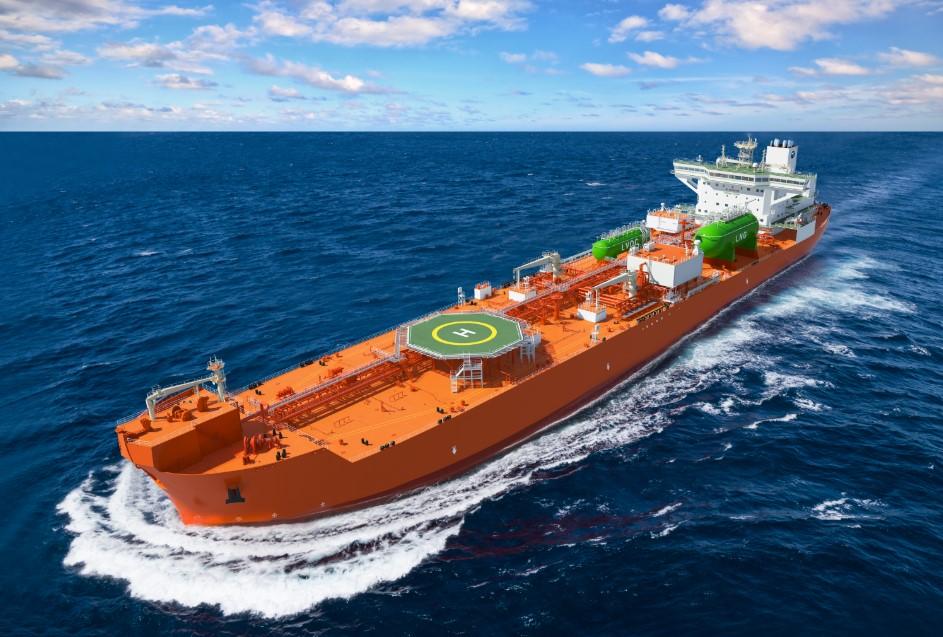The Growth of LNG as a Bunker Fuel
The marine industry has been under increasing pressure in recent years to reduce emissions and adopt cleaner fuels to power vessels. With stricter regulations coming into effect through the International Maritime Organization (IMO), ship owners have been exploring various alternatives to traditional bunker fuels like heavy fuel oil. Liquefied natural gas (LNG) has emerged as one of the most promising options, with growing support from classification societies, ship owners and governments.
LNG produces significantly lower emissions of particulate matter, nitrogen oxides and sulfur oxides compared to conventional fuels. This makes it attractive from an environmental standpoint to meet the IMO's emission reduction targets. The global LNG bunkering infrastructure is also expanding rapidly with more ports developing LNG bunkering facilities. Major classification societies like Lloyd's Register, DNV and Bureau Veritas have approved the use of LNG as a marine fuel. An increasing number of new ships, especially container vessels and tankers, are being built LNG-ready or dual-fuel capable.
Challenges in Adopting LNG as a Bunker Fuel
While the advantages of LNG As Bunker Fuel are clear, there are still some challenges holding back its wider adoption in the shipping industry:
- Infrastructure: Developing the global network of LNG bunkering and supply infrastructure requires heavy investments. Currently only a limited number of ports worldwide have LNG bunkering facilities. This restricts the operating range of LNG-powered ships.
- Tank Space: LNG requires roughly 30-40% more tank space than conventional fuels due to its cryogenic state. This reduction in cargo space impacts vessel economics, especially on smaller ships. New containment systems need to be developed further.
- Safety Concerns: As a cryogenic liquid, LNG poses certain safety risks that need to be thoroughly addressed through careful vessel design, stringent operating procedures and crew training. Perceptions around its safety remain a challenge.
-Cost: LNG engines are more expensive than conventional fuel engines. Bunker prices are currently higher than heavy fuel oil in many ports as well. Total cost of ownership remains hard to quantify given fluctuating fuel prices.
-Technology Maturity: Dual-fuel engines are still a relatively new technology compared to traditional fuel engines. Further improvements are required to reach the same operational efficiencies and uptime.
Get more insights on LNG as a Bunker Fuel
Discover the Report for More Insights, Tailored to Your Language
About Author:
Ravina Pandya, Content Writer, has a strong foothold in the market research industry. She specializes in writing well-researched articles from different industries, including food and beverages, information and technology, healthcare, chemical and materials, etc.

